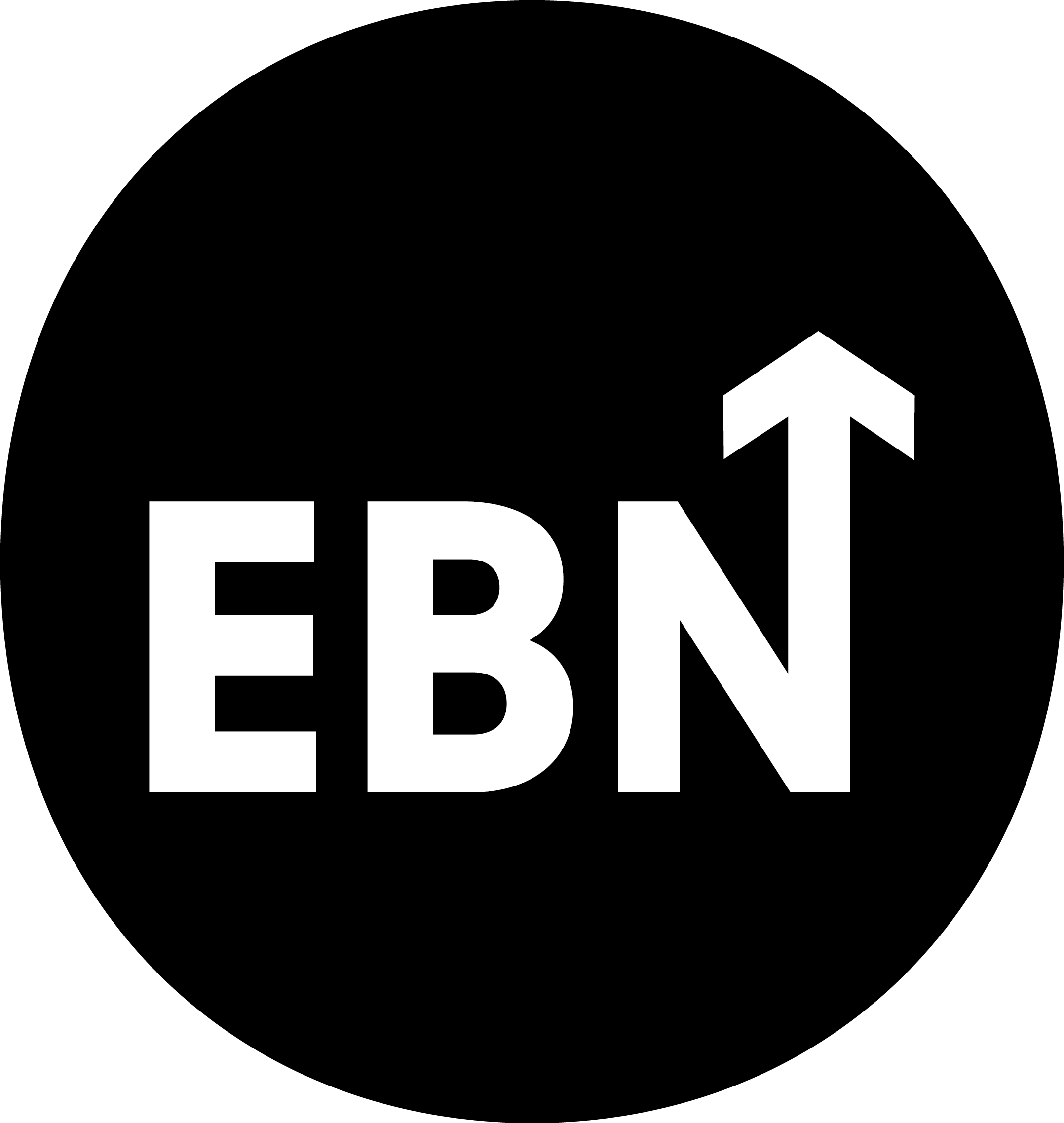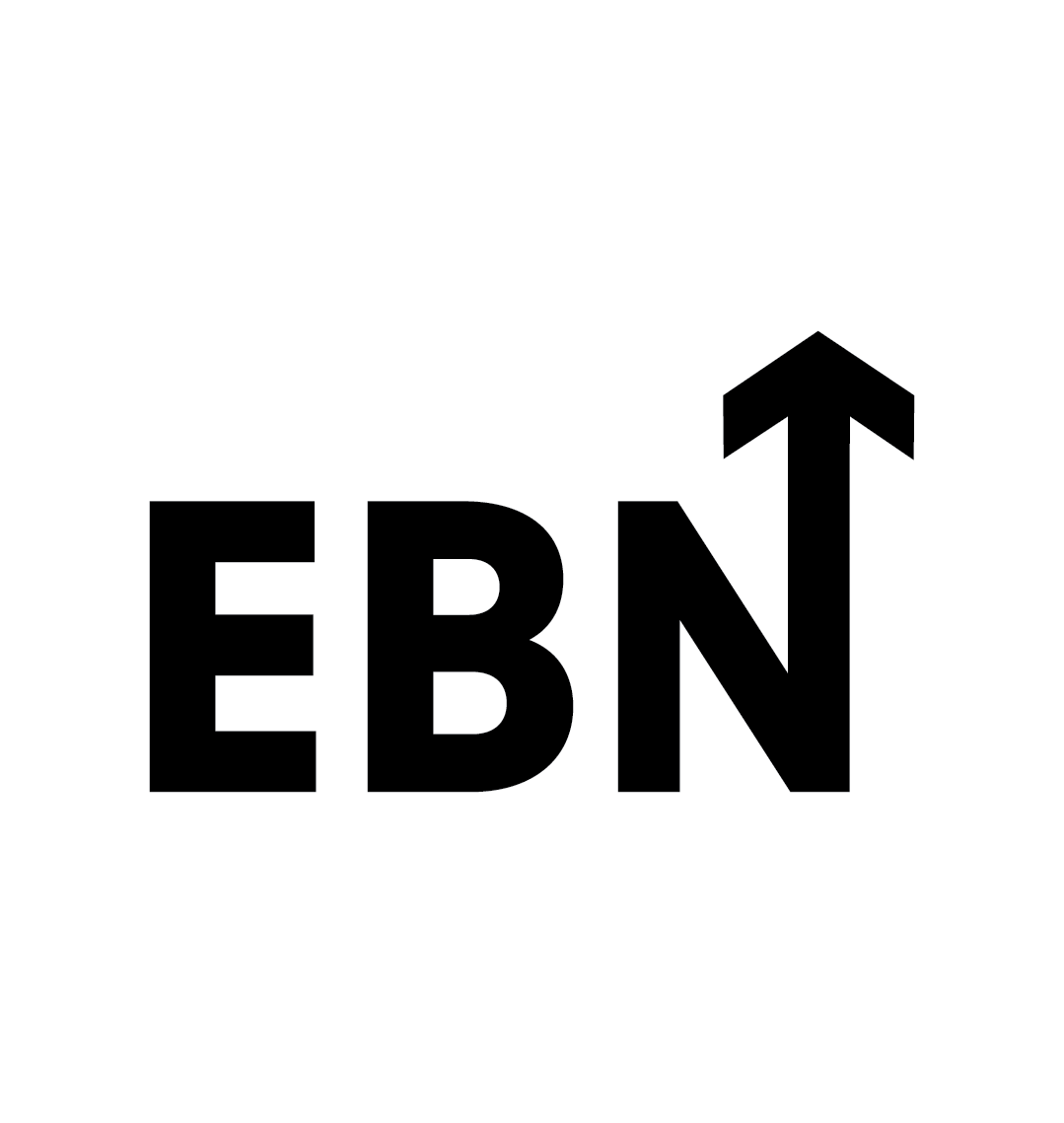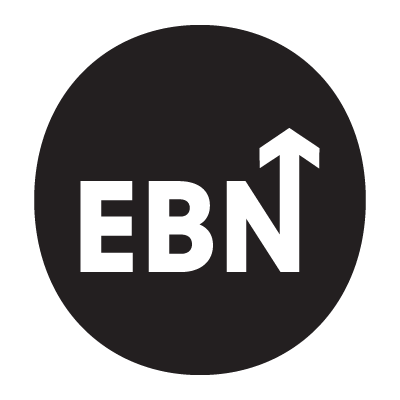It’s 2024, and finally, the job market seems to be shifting away from its fixation on degrees and paper credentials. Instead of asking where you went to university, companies are starting to ask the question that arguably matters more: “What can you actually do?” Skills-based hiring is taking over, and it’s high time we looked at what this means for attracting talent and how your employer brand might need a serious makeover.

Skills Over Degrees: A Shift That’s Been Coming
If there’s one thing that’s been common in job descriptions, it’s the requirement for degrees—regardless of whether the job actually requires one. But lately, companies are daring to focus on practical skills over formal education. According to LinkedIn’s 2023 Global Talent Trends Report, 75% of HR leaders now see skills as more important than degrees. McKinsey backs this up, noting that nearly 90% of business leaders face skill gaps or expect to face them in the near future. When companies focus on the “doing” rather than the “learning,” they open up doors to candidates they might never have considered.
Momentum isn’t always progress, especially when you always end up back where you started.
Fathom helps you escape the loop. With insight, not intuition.
Why the sudden change? A few reasons, actually:
- The Reality Check of the Skills Gap Companies are in dire need of workers with specific skills—digital marketing, coding, data analysis, UX design, you name it. But, as the World Economic Forum points out, these skills evolve rapidly, and universities aren’t exactly known for their agility. Skills-based hiring, then, is a response to keep up with the changing pace of industry demands.
- The Remote Work Renaissance With remote work comes access to a global talent pool, and companies are beginning to realize that requiring a degree might just be limiting their chances of finding the best talent. Skills-based hiring allows businesses to cast a wider net and consider candidates based on their competencies rather than their diplomas.
- A Fairer, More Diverse Workforce Degrees aren’t just costly; they’re also inaccessible to many. By focusing on skills, employers are creating a more level playing field, one where talent and capability matter more than educational privilege. And according to a recent study, skills-based hiring can boost workplace diversity by up to 30%, a stat that isn’t just refreshing but is driving many companies to rethink old practices.
Predicting the Future: Skills-Based Hiring on the Rise
So, where is this trend heading? Expect it to grow, expand, and become a foundational part of recruitment for forward-thinking businesses. Here’s what we can expect in the near future:
- The Decline of Traditional Resumes Portfolios, project-based assessments, and skill tests are replacing resumes at many leading tech companies and in more progressive industries. Don’t be surprised if you see an end to the classic “list-every-job-you’ve-ever-had” CV, replaced by specific demonstrations of skills and work samples.
- Growth in Credentialing Platforms Companies like Coursera, Udacity, and LinkedIn Learning are already shaping this future, and we’re likely to see even more platforms offering micro-credentials. With companies focusing on certifications and skills, credentialing services are becoming the new standard for proving abilities without formal education.
- More Cross-Industry Talent Mobility When you focus on skills over experience, your candidate pool broadens dramatically. Finance professionals with data analytics experience might shift into tech, teachers into training roles, and so on. This cross-pollination enriches company culture and brings fresh perspectives to industries that might otherwise remain insular.
Helping HR, talent acquisition, employer branding, and company culture professionals find careers worth smiling about.
What Skills-Based Hiring Means for Attracting Top Talent
For talent acquisition teams, skills-based hiring means rethinking not only how they recruit but who they’re actually looking for. Here’s how it’s shaping recruitment in the competitive talent landscape:
- Appeal to a Broader Talent Pool Skills-based hiring opens up possibilities for non-traditional candidates who bring diverse experiences, untraditional pathways, and sometimes overlooked potential. For instance, hiring a self-taught programmer with a portfolio of incredible work may bring more creativity than the classic computer science graduate.
- Reduce Hiring Bias and Improve Diversity With a focus on skills rather than background, unconscious bias toward educational pedigree can be minimized. This approach not only enhances diversity but, as research shows, can lead to stronger business outcomes. After all, when was the last time you saw “degree from a prestigious university” actually translate into day-to-day excellence?
- Focus on Adaptability and Lifelong Learning Skills-based hiring doesn’t just mean finding the person who can code in Python today. It means finding talent with the adaptability to learn whatever’s next. By prioritizing these qualities, companies are laying the groundwork for an agile, future-ready workforce that can keep up with change.
What This Means for Employer Branding
Skills-based hiring is a great shift—but only if your brand supports it. Here’s how to ensure your employer branding resonates with the skills-driven market.
- Highlight Development Opportunities Today’s workforce values growth and the opportunity to learn new skills on the job. Make it clear in your employer brand that your company supports skill development, and showcase examples of employees who have transitioned roles or acquired new expertise while at your organization.
- Build Your Brand as an Inclusive Employer If you’re truly adopting skills-based hiring, let it show. Emphasize that you welcome diverse backgrounds, celebrate unique career paths, and prioritize skills over educational pedigrees. By openly supporting unconventional journeys, you’ll attract top talent that values an inclusive culture.
- Emphasize Real-World Impact Today’s top talent doesn’t want to feel like a cog in the machine—they want their work to matter. Showcasing how skill-based hires have contributed to real business goals can build a strong employer brand that appeals to goal-driven, ambitious candidates. For example, case studies of employees who joined without traditional backgrounds and made a meaningful impact on the company’s success will resonate.

Recommendations for Companies Embracing Skills-Based Hiring
To make the most of this trend, companies need to adjust their hiring and branding strategies. Here’s how:
- Ditch Degree Requirements (Unless Truly Necessary)Unless a degree is essential to a role, scrap it from your job listings. This shift alone can lead to an influx of talented applicants who have learned through boot camps, online certifications, or pure self-drive.
- Implement Skills-Based Assessments Replace traditional interviews with skills-based assessments whenever possible. This could include practical tests, project-based assessments, or even real-time simulations. Such approaches give candidates a fair shot at proving what they can do rather than relying on their ability to sell themselves.
- Reevaluate and Update Your Employer Brand Regularly Skills-based hiring is a continuous journey. As the market evolves, make sure your employer brand reflects these values authentically, signaling to top talent that your organization values real ability, adaptability, and potential.
Conclusion: A Hiring Evolution Worth Watching
Skills-based hiring is more than a trend—it’s the beginning of a much-needed evolution in talent acquisition. As we enter an era where degrees play second fiddle to hands-on skills, companies that adapt will find themselves richer for it.
Imagine a workforce where everyone is there because they can get the job done, not because they have the “right” alma mater. Now that’s a future worth hiring for. Will your company lead the charge in creating this inclusive, skill-driven workforce—or stay entrenched in yesterday’s hiring mindset? The choice is yours, but the future waits for no one.
Takeaways
What is skills-based hiring?
Skills-based hiring focuses on assessing candidates based on their abilities and competencies rather than relying solely on degrees or formal credentials.
Why is the shift toward skills-based hiring happening now?
Companies face skill gaps, access to global talent pools via remote work, and a growing emphasis on diversity. This shift aligns with industry needs and modern workforce dynamics.
How does skills-based hiring benefit diversity in the workplace?
By prioritizing skills over degrees, companies reduce biases tied to education, creating opportunities for a broader range of candidates and improving workforce diversity by up to 30%.
What tools can companies use to implement skills-based hiring?
Credentialing platforms like Coursera and LinkedIn Learning, as well as practical assessments and project-based evaluations, are pivotal tools for assessing skills.
How does this trend impact traditional resumes and job applications?
Traditional resumes are being replaced by portfolios, skill tests, and project assessments, emphasizing real-world capability over historical job titles.
What steps can companies take to adapt their employer brand for skills-based hiring?
Highlight opportunities for skill development, position the brand as inclusive, and showcase real-world impacts made by employees from diverse backgrounds.
How can organizations future-proof their workforce with this approach?
By hiring adaptable individuals who demonstrate a commitment to lifelong learning, businesses can ensure their teams remain agile and ready to tackle evolving industry demands.







